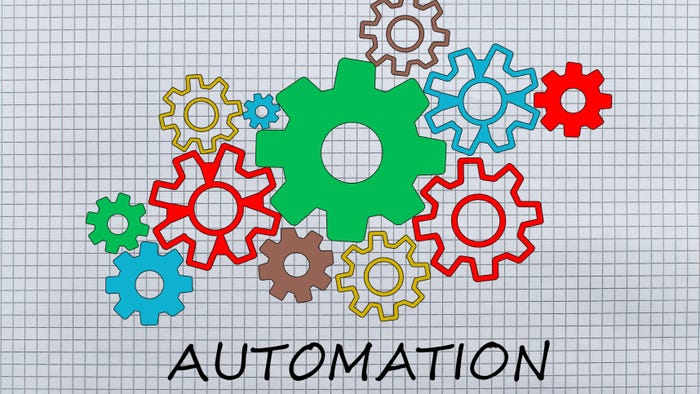hiker climbing to top of a mountain
IT Leadership
A New Era for CISOs: Navigating Regulations and Unprecedented ThreatsA New Era for CISOs: Navigating Regulations and Unprecedented Threats
By fostering strong relationships and adapting frameworks to industry-specific regulations, CISOs can navigate the changing landscape and better prepare their companies for cyber threats in 2024 and beyond.
Never Miss a Beat: Get a snapshot of the issues affecting the IT industry straight to your inbox.







.jpg?width=300&auto=webp&quality=80&disable=upscale)


.jpg?width=100&auto=webp&quality=80&disable=upscale)
















































